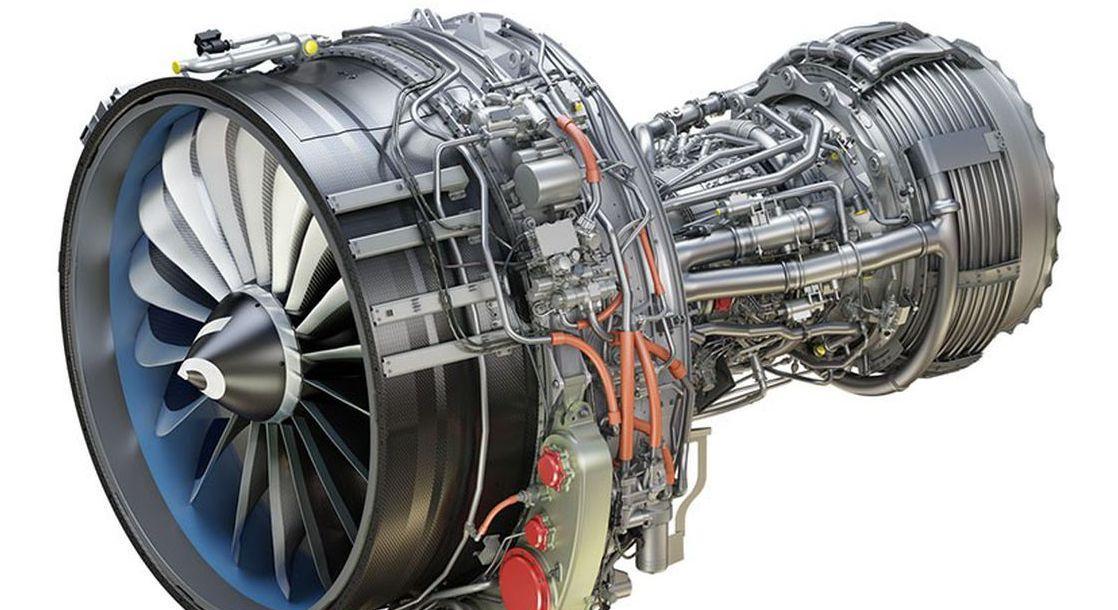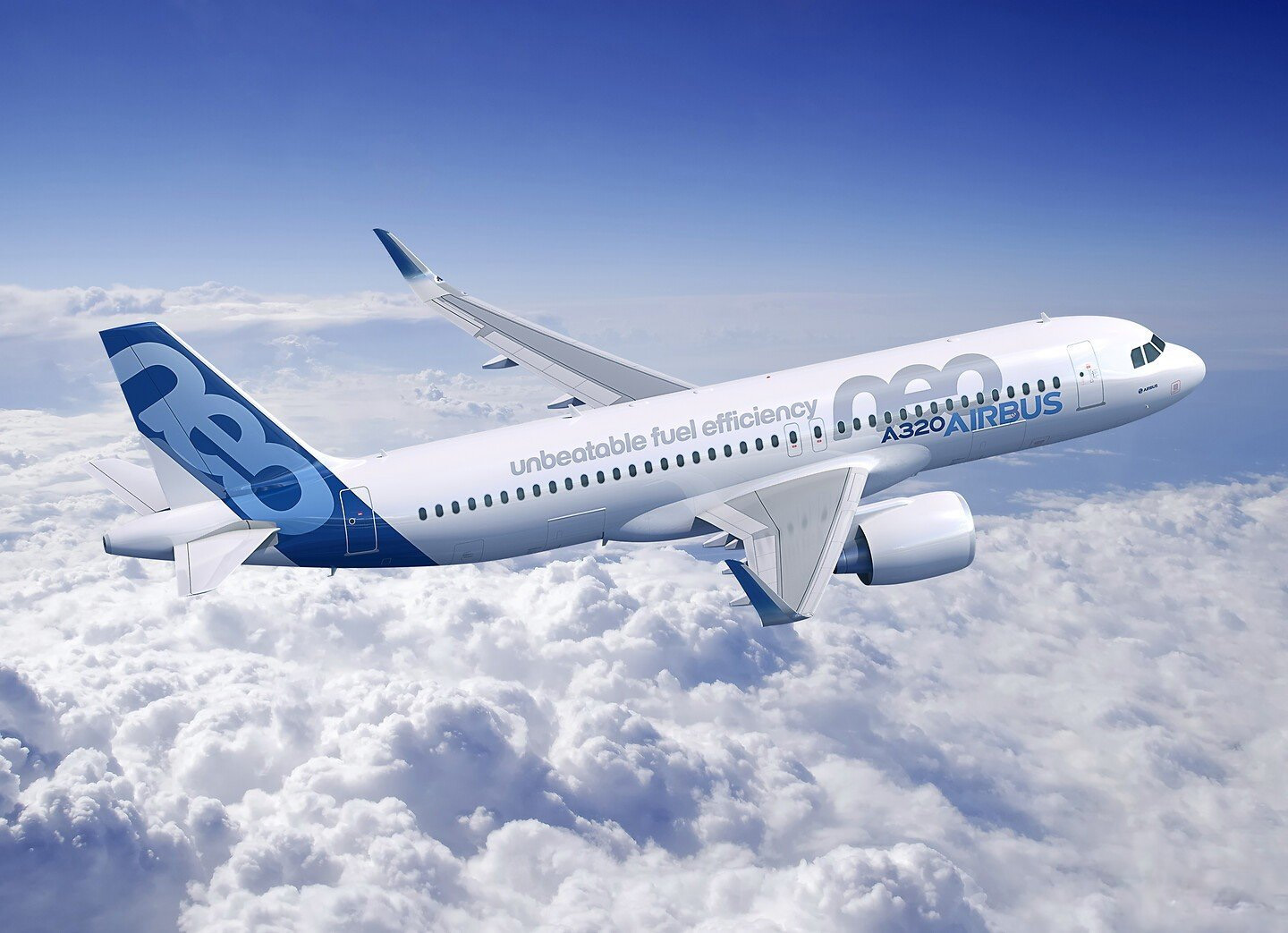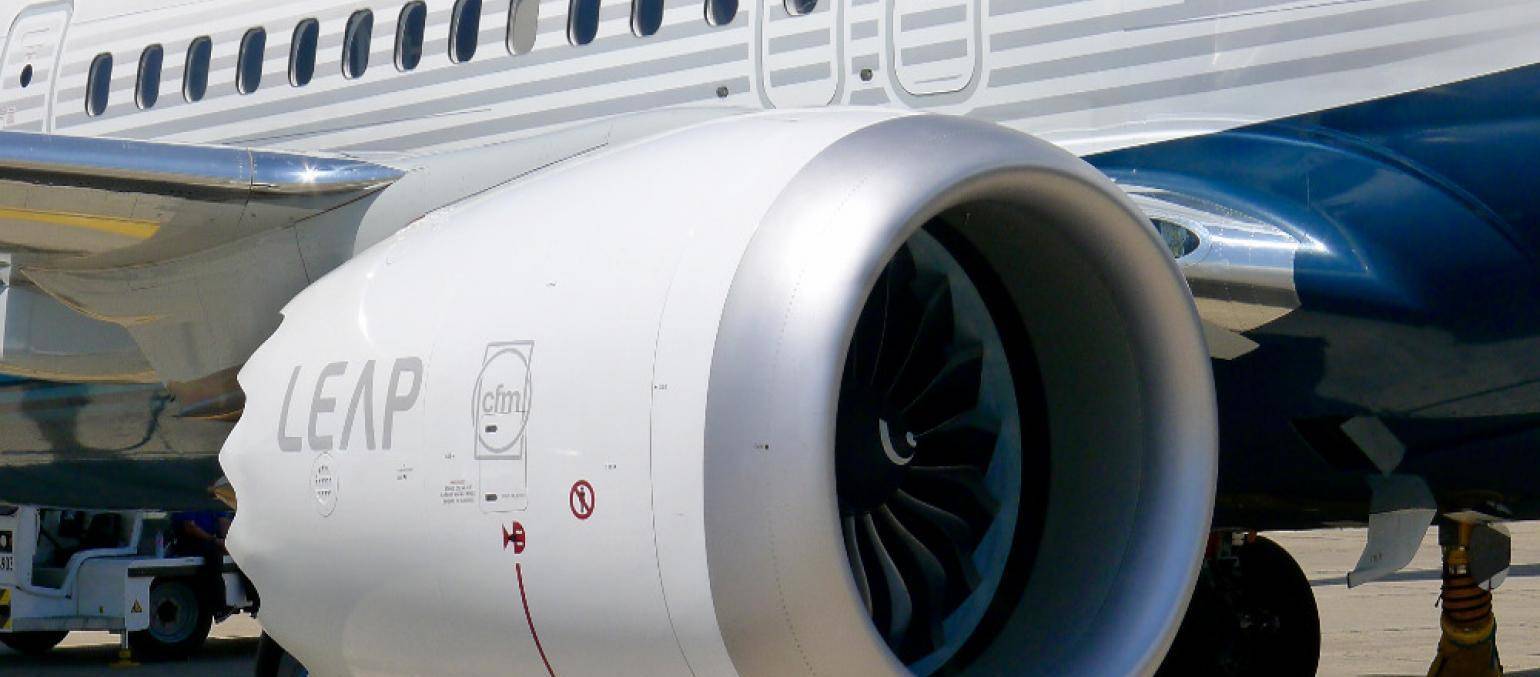
The Airbus A320neo family has raised the bar in aviation, bringing major improvements in fuel efficiency, performance, and environmental impact.
Central to these improvements is the New Engine Option (NEO), which includes advanced engines like the CFM International LEAP-1A. These engines are designed to reduce fuel consumption, lower CO2 emissions, and help airlines save money.
We will look at how the LEAP-1A engine is changing the A320neo family. We will also discuss why it is so popular in the aviation industry.
The New Engine Option (NEO) is a term Airbus uses for the upgraded engines available for the A320 family. Compared to the previous generation, the A320ceo, the NEO engines are more fuel-efficient, quieter, and environmentally friendly. Airlines can choose from two engine options: the Pratt & Whitney PW1000G and the CFM LEAP-1A.
These new engines help the A320neo family use up to 15% less fuel. They also cut CO2 emissions and lower operating costs. This makes them a great choice for airlines. Airlines can meet their environmental goals and improve their profits.
The LEAP-1A engine, developed by CFM International, is one of the key options for the A320neo. CFM International is a 50/50 joint company between General Electric and Safran, two leaders in the aerospace industry. CFM designed the LEAP-1A to deliver significant advantages over older engines like the CFM56.
Here are some key benefits of the LEAP 1A engine:
Fuel Efficiency: The LEAP-1A is one of the most fuel-efficient engines available today. It provides a 15% reduction in fuel use compared to older engines. This helps airlines save money on a major expense.
Lower CO2 Emissions: The LEAP-1A improves fuel efficiency and reduces CO2 emissions. This makes it a better choice for airlines and the environment.
Advanced Materials:
The LEAP-1A uses advanced materials like ceramic matrix composites and 3D woven carbon fibers. These materials make the engine lighter and stronger, while also boosting performance.
Quieter Operation: The LEAP-1A runs more quietly than older engines. This makes it a good choice for busy airports and helps reduce noise pollution.

When choosing the right engine for a single-aisle aircraft like the A320neo, airlines must think about several factors. These include performance, cost, and efficiency. The list price of these engines can vary, but the benefits they offer in fuel savings and reduced emissions are significant.
Airlines have the option to choose between two advanced engine manufacturers for the A320neo family. Pratt Whitney engines and CFM Leap engines. Each of these engines brings its own strengths to the table, with the engine to power ratio being a key factor in selecting the right fit for airlines looking to balance cost, performance, and environmental responsibility.
The CFM Leap engines are particularly popular for their impressive fuel efficiency and reduced CO2 emissions. Like the LEAP 1A, is a preferred option for operators of single aisle aircraft like the A320neo.
The LEAP-1A engine has gone through tough testing. It has also received type certification from the European Union Aviation Safety Agency (EASA) and the Federal Aviation Administration (FAA). These certifications ensure that the engine meets the highest safety and performance standards.
With millions of flight hours already accumulated, the LEAP-1A has proven its reliability. It is already used by airlines around the world. Its performance has exceeded expectations. This makes it a trusted choice for the A320neo family.

The A320neo family, which includes the A320neo, A321neo, and A321XLR, benefits from the advanced technology of the LEAP-1A engine. These aircraft are popular with airlines for short to medium-haul routes, offering cost savings and improved performance.
Here are some key advantages of the A320neo family with the LEAP-1A engine:
Fuel Savings: The A320neo with the LEAP-1A engine consumes 15% less fuel, making it one of the most fuel-efficient aircraft in its class.
Increased Range: The A321XLR can fly up to 4,700 nautical miles. This is partly due to the fuel efficiency of the LEAP-1A engine.
Environmental Benefits: The LEAP-1A engine helps reduce both fuel consumption and CO2 emissions, helping airlines meet stricter environmental regulations.
The LEAP-1A engine is designed to deliver significant fuel savings while also reducing CO2 emissions. Compared to older engines like the CFM56, the LEAP-1A offers:
A 15% reduction in fuel consumption, which helps airlines save money and reduce their environmental impact.
Lower CO2 emissions, making the LEAP-1A a greener choice for airlines committed to sustainability.
These improvements make the LEAP-1A engine a vital part of the A320neo family, helping airlines achieve their cost-saving and environmental goals.
Here are some of the main reasons why the LEAP-1A engine is the preferred choice for the A320neo family:
Proven Reliability: The LEAP-1A engine has flown millions of hours. It has shown to be durable and reliable in real-world conditions.
Fuel Efficiency: Its 15% reduction in fuel consumption makes it one of the most cost-effective engines in the market.
Lower CO2 Emissions: The LEAP-1A engine helps airlines reduce their carbon footprint and meet global environmental standards.
Lower Maintenance Costs: The advanced materials and design of the LEAP-1A require less maintenance. This helps reduce long-term operational costs.
The New Engine Option (NEO) features the LEAP-1A engine. It is the next generation of jet engines for the Airbus A320neo family.
The LEAP-1A engine has better fuel efficiency, lower emissions, and proven reliability, a game-changer for aviation. As airlines keep using the A320neo family, the LEAP-1A engine will be important for the future of air travel.
Contact: Sales Dept.
Phone: 86-18068808880
Tel: 86-13905198660
Email: jetengineparts@aliyun.com
Add: No. 555, Yangzijiang Road, New District, Zhenjiang City, Jiangsu Province, China
We chat
